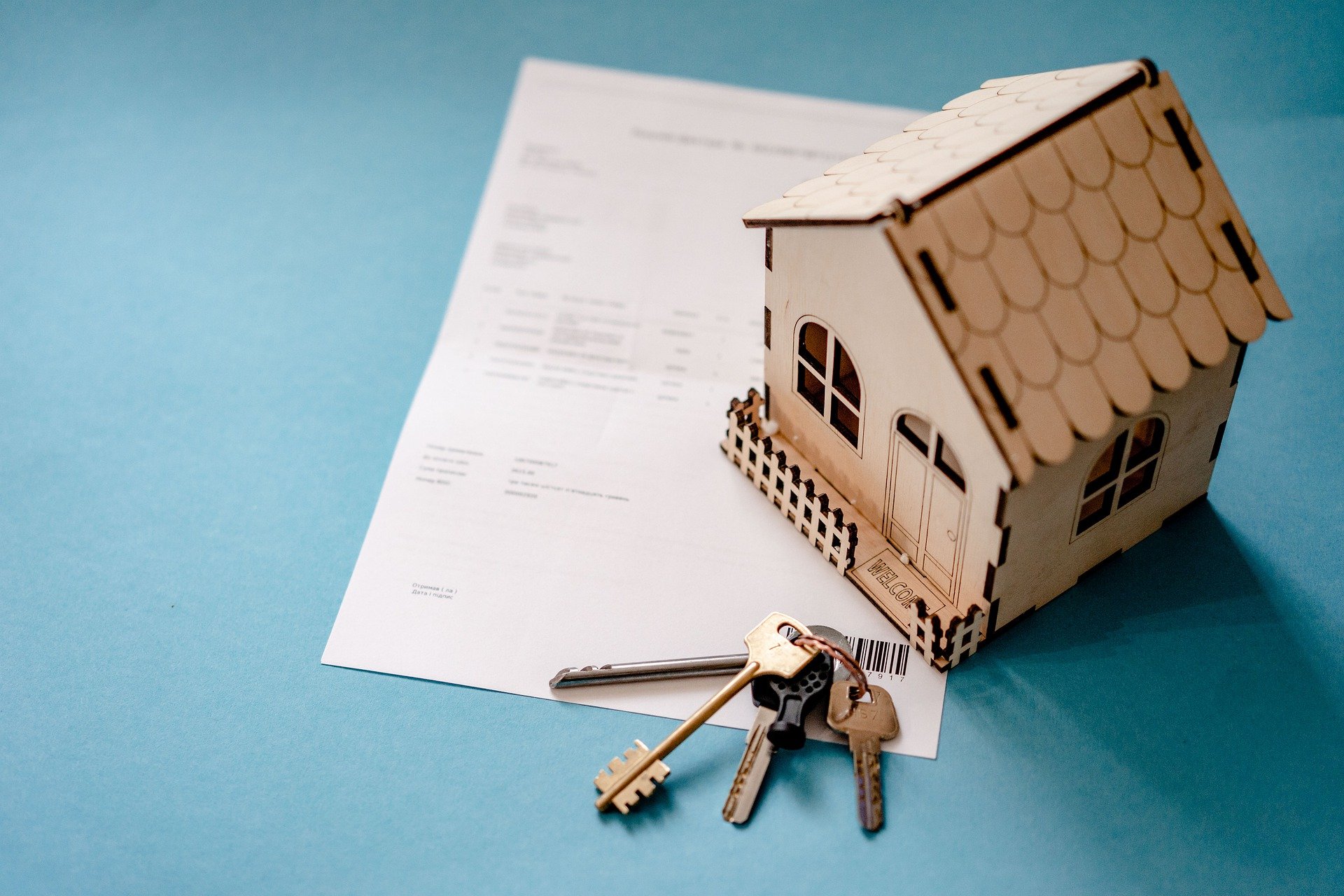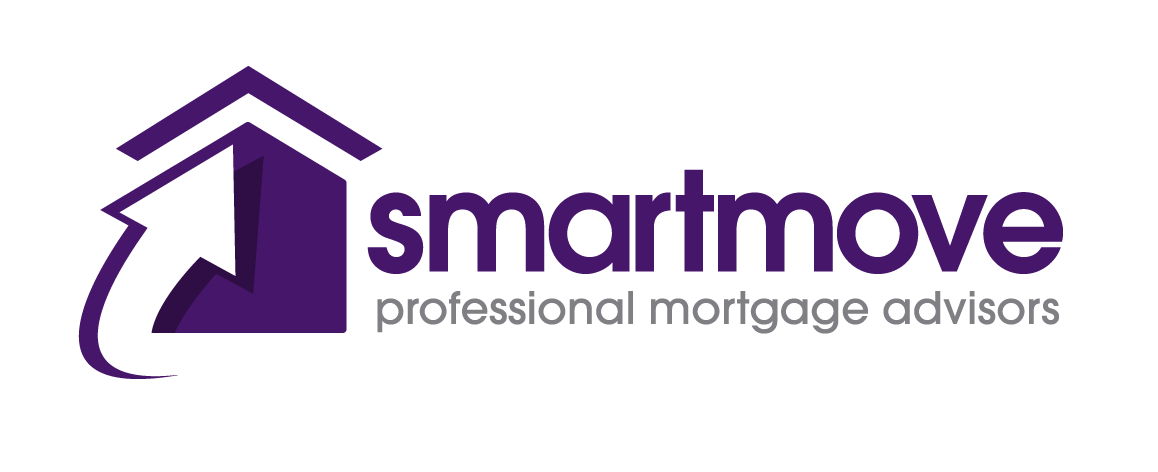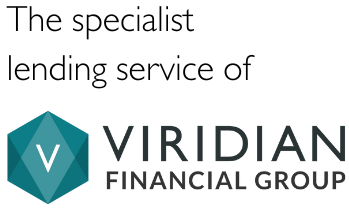
You can remember it now: sitting in a chair at the back of the lecture theatre, chatting to your friends and ignoring the debt that each day at university was plunging you into.
But now you’re older and wiser, and reality has set in. You want to buy a property, but you’re unsure how your student HECS or HELP debt could impact your ability to take out a loan.
When you apply for a home loan, you’ll need to reveal information about your liabilities, poor credit ratings and any other debts you have. This is where you need to start worrying about your student debt.
If you chose to defer any of your HECS/HELP payment, you don’t need to start paying it off until you’re earning an annual taxable income of $54,869 or more *.
At this point your employer is required to hold a percentage of your taxable income and direct it towards your HECS/HELP loan. The percentage increases with your income but tops out at 8 per cent when you earn over $101,900 annually.
Essentially, this decreases your net annual income.
The finance broker believes that mortgage brokers are more than capable of dealing with the impact of student debt on a loan application.
By having the ability to compare several lenders at the one time, the broker is able to recommend a product suitable for the applicant’s individual needs.
During the initial contact with the applicant, the broker will complete a broker fact find, enabling a comprehensive financial analysis to be conducted. From there, guidance can be given on paying down or consolidating debt in order to reduce outgoings and increase borrowing capacity.
If you’re getting ready to buy a property for investment or to live in, there’s no need to hold out because you’re still paying for your education. Find out more from one of our brokers.
*Please note income thresholds are adjusted each year by the ATO and this may impact the point at which you are required to start paying HECS.



